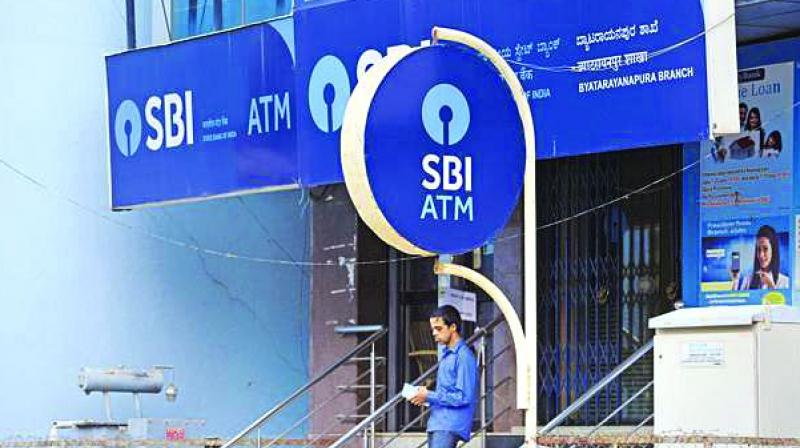SBI tightens lending terms for auto dealers
Monthly passenger vehicle sales in June fell by the biggest margin in 18 years.

Mumbai: The State Bank of India (SBI) has tightened lending terms dramatically for auto dealerships, according to a source and an internal memo seen by Reuters, seeking to reduce its exposure to risk from a sector in the midst of a sharp downturn.
The shadow banking crisis that began to unfold in India during mid-2018 has deepened this year. The liquidity crunch in non-bank financing, higher insurance costs and rises in taxation have served to increase the pressure on the car sector, with monthly auto sales falling by 17-20 per cent since April.
Monthly passenger vehicle sales in June fell by the biggest margin in 18 years.
In one internal memo for financing dealers selling vehicles made by Hyundai Motor Co’s India unit, SBI said it is revising the lending terms because of “growing stress” in the carmaker’s portfolio.
Similar memos have been sent to dealerships for all other brands, said a senior SBI official aware of the matter, though Reuters has not seen memos relating to other carmakers.
As part of the revised terms, the country’s largest bank by assets has decided to halt lending to dealers of Hyundai Motor India unless they provide a minimum of 25 per cent collateral, it said in the memo.
Hyundai dealers that had already received loans from the bank will also have to provide security of between 25 per cent and 50 per cent of the loan amount, SBI said in the memo dated March 27 and signed by the chief general manager for supply chain financing.
Hyundai did not immediately reply to an email seeking comment.
The company is India’s second-largest carmaker with more than 16 per cent of a market accounting for 3.3 million passenger vehicles in the year to March 31.
While it is known that several Indian banks have broadly tightened lending to the auto sector, specifics have not been disclosed.
“There is an auto sales slowdown and we have substantial exposure to autos. We want to stay safe and this was done to mitigate risk and protect us,” said the SBI official, who asked not to be named because the details had not been made public.

